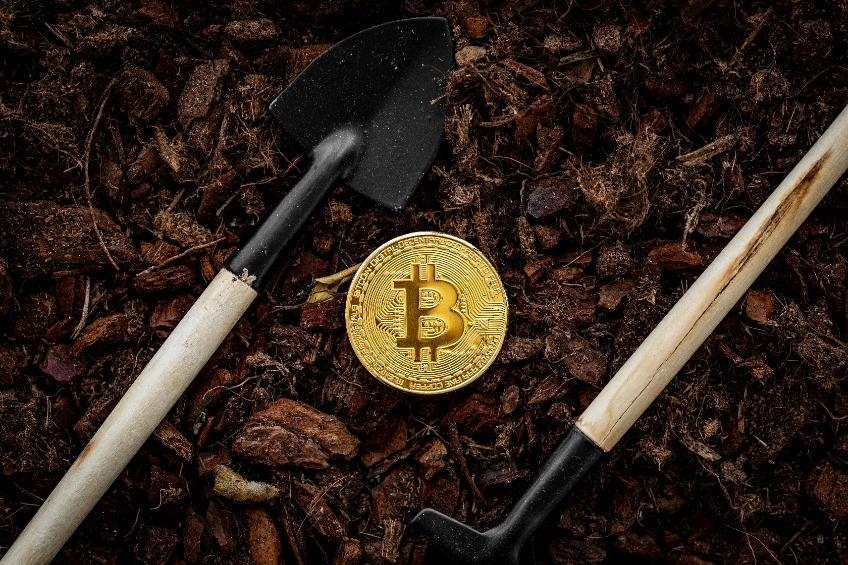
Why are Bitcoin miners struggling so much? Core Scientific file for bankruptcy

Key Takeaways
- Core Scientific was worth over $4 billion last summer, but is down 985 form all-time highs
- Rising electricity costs are hiking costs with falling Bitcoin prices hurting revenue
- With hash rate near all-time highs, the entire mining industry is struggling
The crypto winter continues to take victims. The latest to succumb to Chapter 11 bankruptcy is Bitcoin miner Core Scientific.
Bitcoin’s plummeting price has quelled revenues significantly and, while cashflow is still positive, the revenue is not enough to cover operational costs. The goal is for the company to restructure under the Chapter 11 process rather than entirely liquidate.
Core Scientific has been struggling all year, in line with miners across the industry as they get squeezed on both ends – falling revenue in the form of Bitcoin prices and rising costs as a result of surging electricity costs across the globe.
The stock was trading at a market cap north of $4 billion last summer, but has now fallen 98% from all-time highs, its current market cap $70 million.
The share price did triple in short order last week when financial services company B. Riley offered to provide the company with $72 million in non-cash financing. The stock has since given up some of those gains.
Mining industry struggling
Across the entire industry, miners are finding it tough. Electricity costs and the Bitcoin price are the two most vital inputs for the bottom line of a bitcoin miner, and both have moved significantly against them this year.
So too has the hash rate, with it straddling near all-time highs for a lot of the year. A higher hash rate means more computing power is demanded to verify transactions on the Bitcoin blockchain. While a higher hash rate is thus seen as a positive because it increases the security of the network – it would cost more energy and time to take over the network – it also weighs on miners’ profit margins.
When the hash rate hit another all-time high of 250 TH/s in early October, blockchain analytics company Glassnode warned that “miners are somewhat on the cusp of acute income stress”. This latest story about Core Scientific proves that.
Looking at miner reserves, the number of bitcoins held by the large mining pools has also been steadily decreasing this year.
Mining stocks are a levered bet on Bitcoin
It’s a poignant reminder that with these mining companies’ revenue denominated in Bitcoin, they are obviously extremely volatile stocks. Unfortunately, this year has brought the perfect storm giving rise to not only falling Bitcoin prices, but rising costs in the form of electricity, meaning miners have been hit twice as hard.
Looking at share prices, many companies have fallen further than the price of Bitcoin, which as I write this is trading at $16,800, down 64% on the year. Many mining companies are seeing losses that dwarf that in 2022.
They’ll hope that 2023 will bring better fortunes. But for Core Scientific, the road head is murkier. Now embroiled in the Chapter 11 process, it will hope to restructure and weather the storm, but there is no getting around the fact that the market for miners is likely to remain torrid in the short to medium term, at least.

